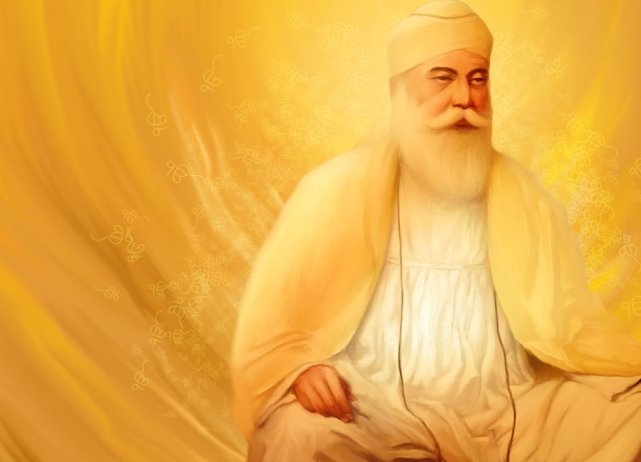India is a country where people of different ethnicities, traditions, and cultures live. And, when it comes to celebrations and festivals, Indians know how to commemorate them the best. As a matter of fact, festivals are at the heart of those who live in India. If you have ever been to this amazing country, you will surely understand what role festivals play in this nation.
Mother’s Zone brings to you great information about some of the most popular Indian festivals that are approaching soon. So, get all set to learn about these festivals and know how merriments make an integral part of the Indian culture.
One of the most popular festivals in India is Raksha Bandhan. The day is celebrated to foster the love between brothers and sisters, where sisters tie ‘rakhis’ or decorative threads on the wrists of their brothers. This indicates the love of sisters and their prayers for their brothers’ well-being, as well as the brothers’ promise to protect their sisters – all their lives!

This is an annual celebration of the birth of Lord Krishna, the eighth avatar of Vishnu. It is celebrated by fasting and staying up until midnight. Temples and homes are delightfully adorned and illuminated, and night long prayers are offered by the devotees.
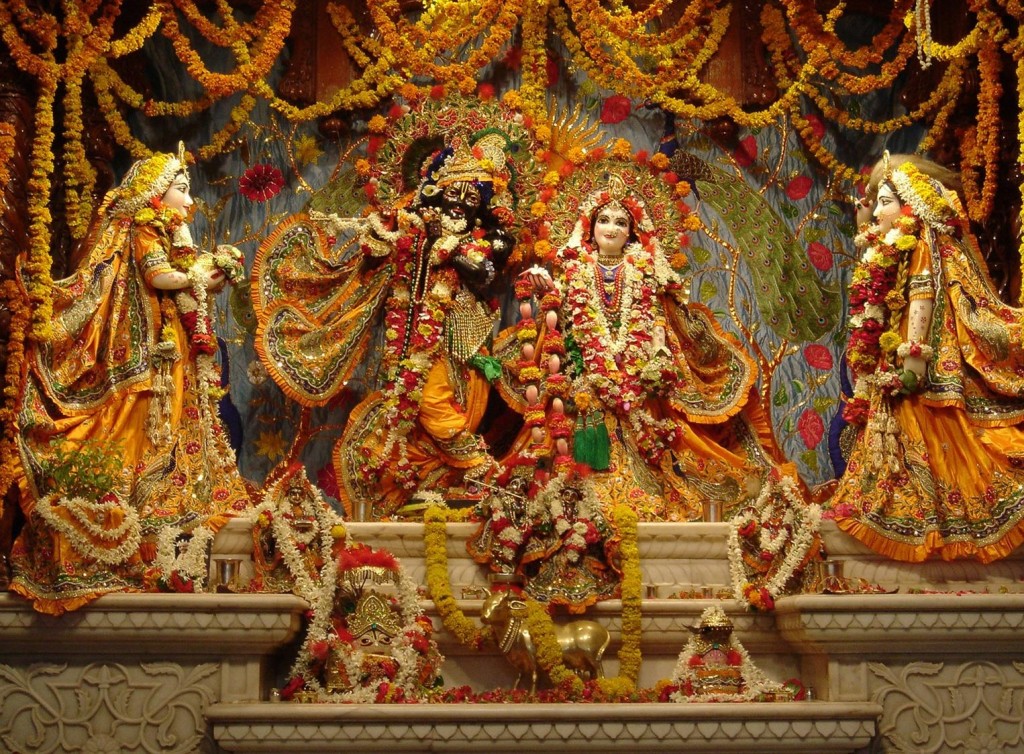
This festival celebrates the birth of Lord Ganesha. Beautifully decorated magnificent and huge statutes of Ganesha are installed in homes and podiums at the beginning of the festival. Towards the end of the festival, the statutes are immersed in water accompanied by revelries, singing and dancing.
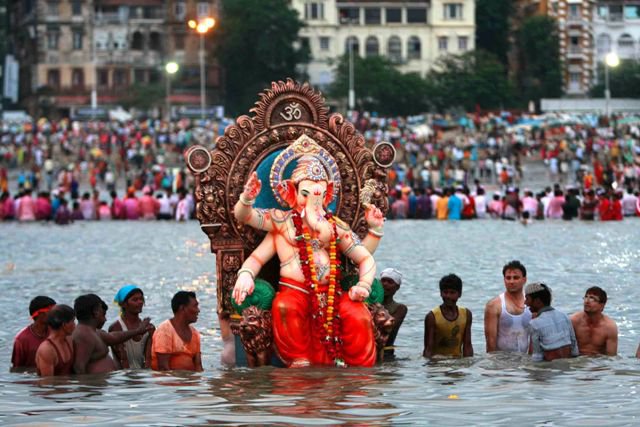
It is the most popular and the biggest festival of the Indian state, Kerala. This harvest festival symbolizes the homecoming of a mythical king – King Mahabali. The carnival lasts for ten days and every single home is decked with Pookalam. People celebrate the day with the delectable Onasadya, the marvellous Snake Boat Race and the wonderful Kaikottikali dance.
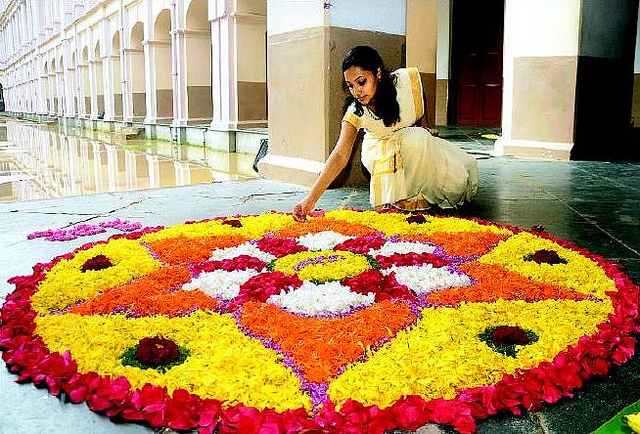
Dedicated to the worship of one of the most revered Hindu goddesses – Maa Durga, Durga Puja is a celebration of culture and customs. Celebrations are observed with beautiful and magnificent idols of Maa Durga which are worshipped for five days and then carried in massive processions to local rivers for immersion.
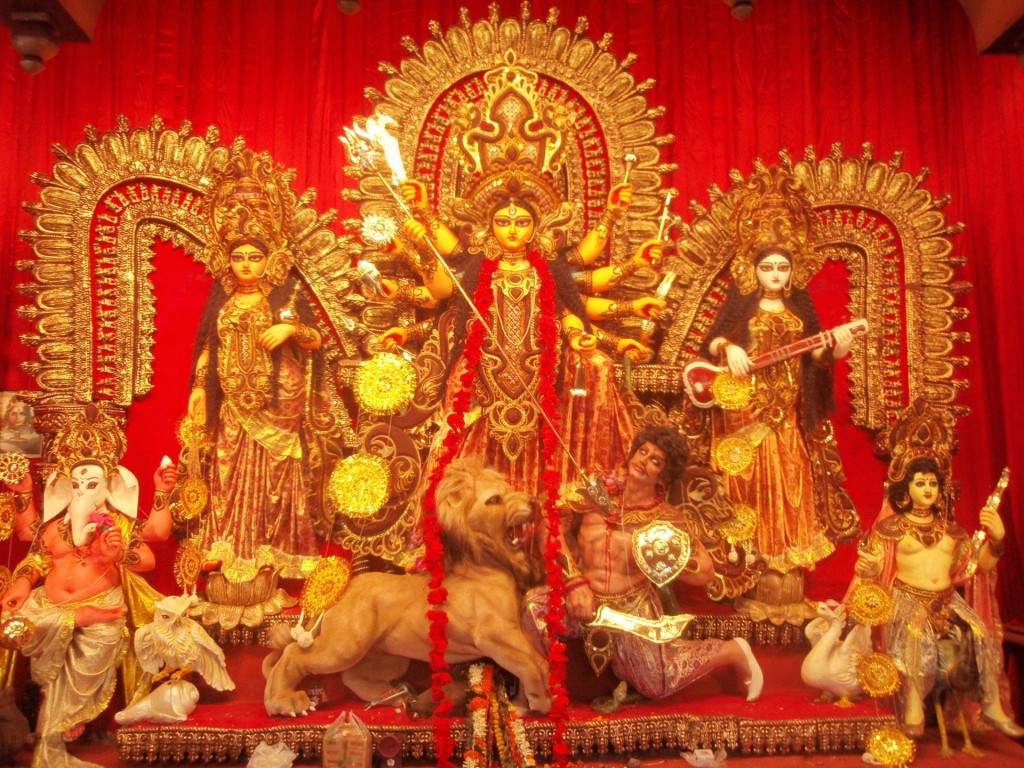
Also known as Vijaya Dashami, Dussehra is a Hindu festival which signifies the triumph of truth over evil. The day is celebrated on the 10th day of the holy Navratri festival wherein outdoor fairs are held, with the conclusion of the plays and dance performances known as Ramaleela. Effigies of Ravana are burnt in the evening to represent the victory of Lord Rama over Ravana.
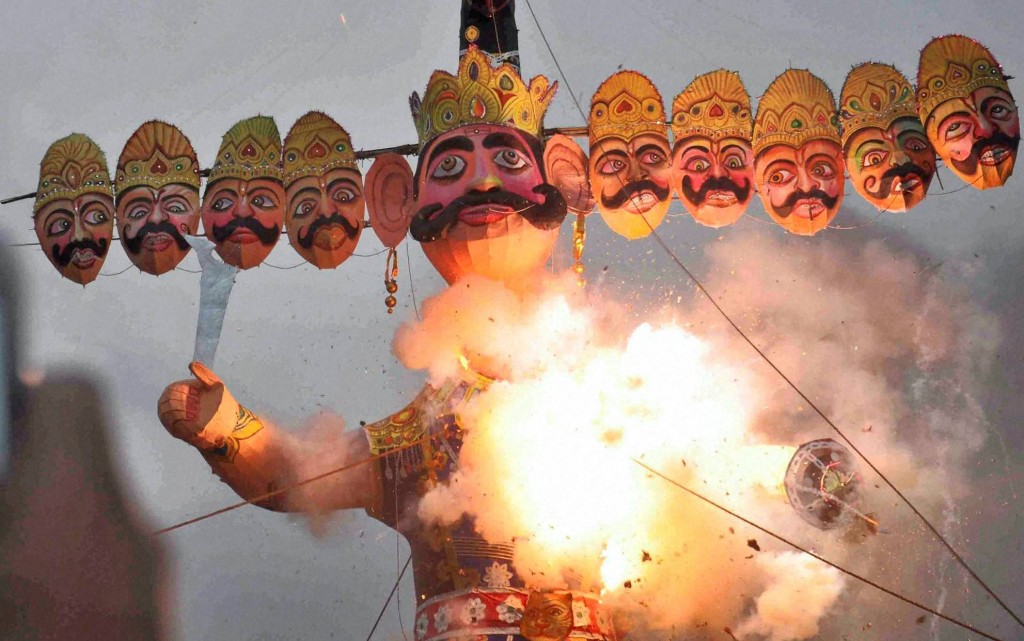
One of the most popular festivals of Muslims, Id-Ul-Zuha symbolizes the sacrifice of Hazrat Ibrahim. People wear new clothes and attend prayers in mosques. Celebrated with traditional fervour and sheer cheerfulness, the festival is observed with special prayers, sacrifices, together with the exchange of greetings, gifts and delicacies.

It is a one-day festival observed by married women who fast from sunrise to moonrise for the safety and longevity of their husbands’ lives. Being one of the most important fasts in the Hindu tradition, Karva Chauth is celebrated with great zeal and devotion amongst the married women in India.
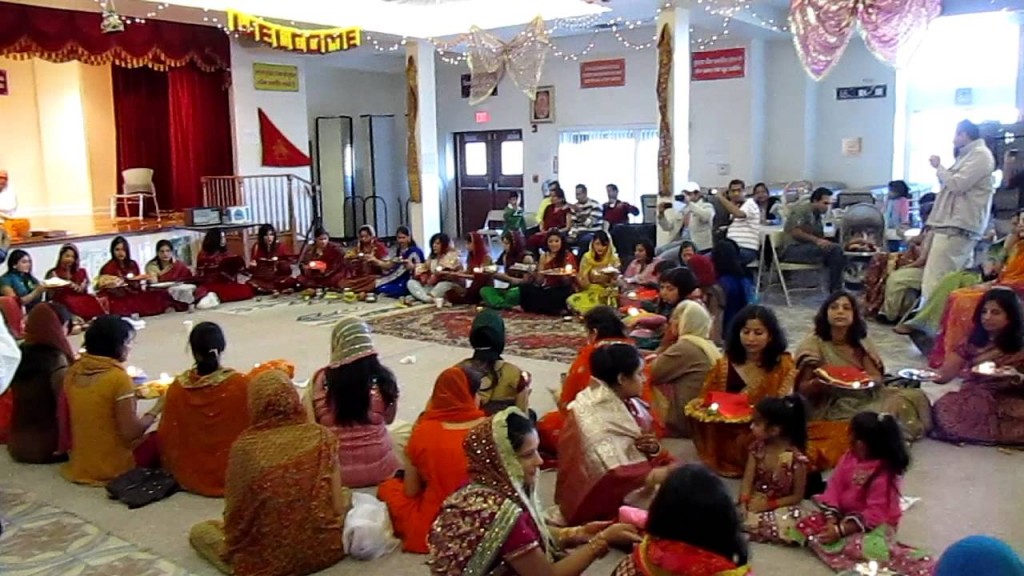
This festival marks the beginning of Diwali celebrations. On this day, people purchase articles made of Gold or Silver, other precious metals, or even new utensils, with the faith that this tradition will bring prosperity and good luck in their lives.
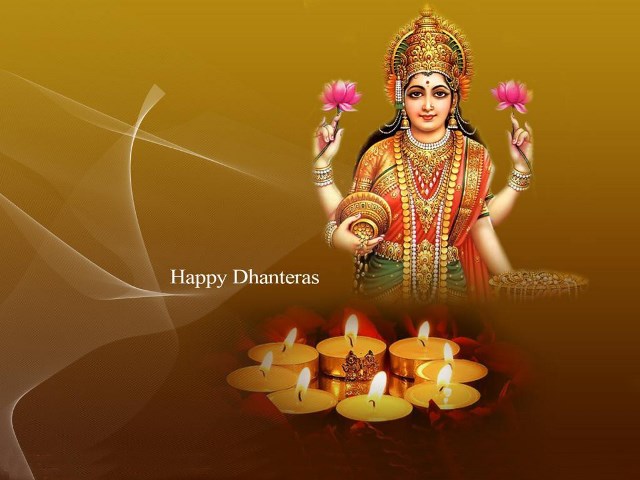
Needless to mention, Diwali is one of the renowned festivals in India. Often called as the ‘Festival of Lights’, the day is celebrated with fireworks and exchange of gifts and greetings. Signifying the victory of good over evil, and brightness over darkness, the festival is celebrated by offering prayers in the temples and decorating homes with small clay lamps, and candles that are lit during the celebrations.

Often known as Annakut Puja, Govardhan Puja is recognised as the day when Lord Krishna defeated God Indra. The day is celebrated by offering food and delicacies to Lord Krishna which is made up of cereals such as wheat, rice, and curry prepared from gram flour and leafy vegetables.
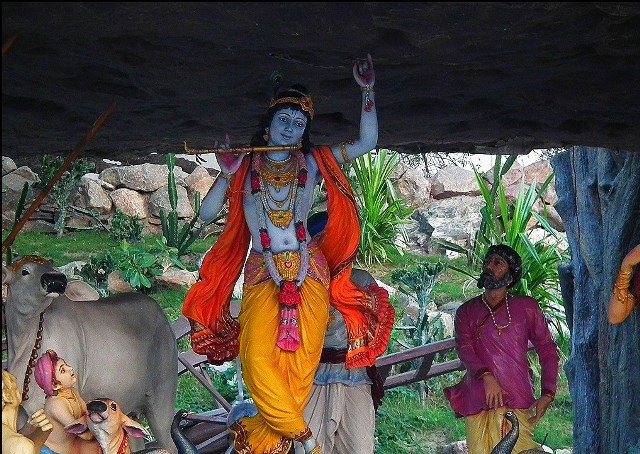
The day is celebrated to make the love between brothers and sisters stronger and everlasting. On this auspicious day, sisters mark their brothers with an auspicious ‘tilak’ on their foreheads, and in return brothers gift presents to their sisters.
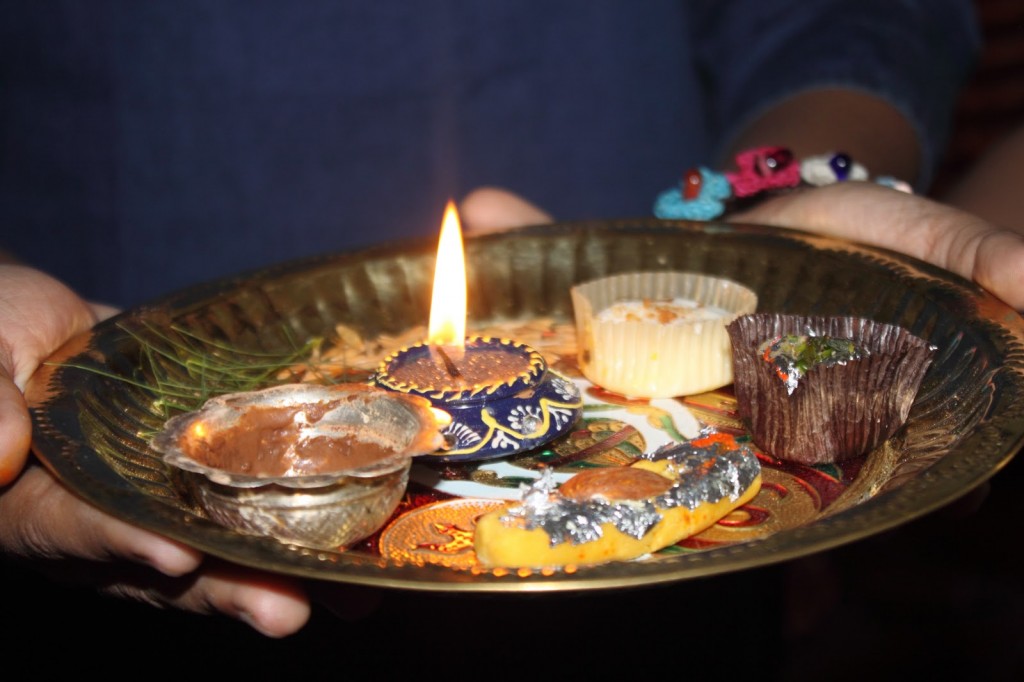
One of the most popular festivals of Sikhs, Guru Nanak Jayanti is associated with the celebration of the birthday of Guru Nanak Dev Ji, the founder of Sikh Religion. Prayers are offered at the holy shrines or ‘Gurudwaras’ which are then followed by community meals or ‘langar’, which are served to all – irrespective of religious or caste differences.
